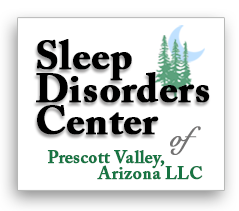Up to 30% of Americans complain of insomnia—but what does this common sleep disorder entail? If you have trouble falling asleep or staying asleep, you could have insomnia. Understanding the facts about this disorder can help you recognize it and seek the answers you need to get a good night’s sleep.
What Insomnia Means
Insomnia is defined as trouble falling asleep, trouble staying asleep, or waking earlier in the morning than intended. Additionally, patients who experience insomnia frequently feel as though they are not well rested and experience daytime drowsiness and mental fogginess. Insomnia sufferers may also feel moody and irritable but have trouble napping to alleviate these symptoms.
What Triggers Insomnia
Although there may be many causes for insomnia, the two prevailing theories cite physical and psychological causes. Insomnia frequently occurs hand-in-hand with high levels of the stress hormone cortisol and consciousness-like brain activity even while asleep. This is believed to result in sleep that is less restful and restorative. Additionally, insomnia sufferers are often naturally anxious or detail-oriented individuals. They may experience high levels of stress and have difficulty channeling this stress, leading to sleep troubles.
What Treatments Are Available
There are a variety of treatment options available for insomnia, and no one solution is right for all patients. A sleep doctor can evaluate your individual needs to determine the best treatment plan for you. Medication options include over-the-counter sleep aids as well as drugs which regulate the release of neurotransmitters and target the areas of the brain that promote relaxation and reduce anxiety. Behavioral solutions focus on managing stress and anxiety in positive ways to promote good sleep hygiene and facilitate restful sleep. These may include relaxation techniques, breathing techniques, and cognitive therapy to eliminate sleep-preventing behaviors and thoughts.
Sleep disorders cause tiredness, difficulty focusing, and trouble enjoying your everyday life. You can get the treatment you need to end insomnia and other sleep troubles from Dr. Robert S. ViRosenberg. Please visit our website to contact us for more information about sleep disorders.


